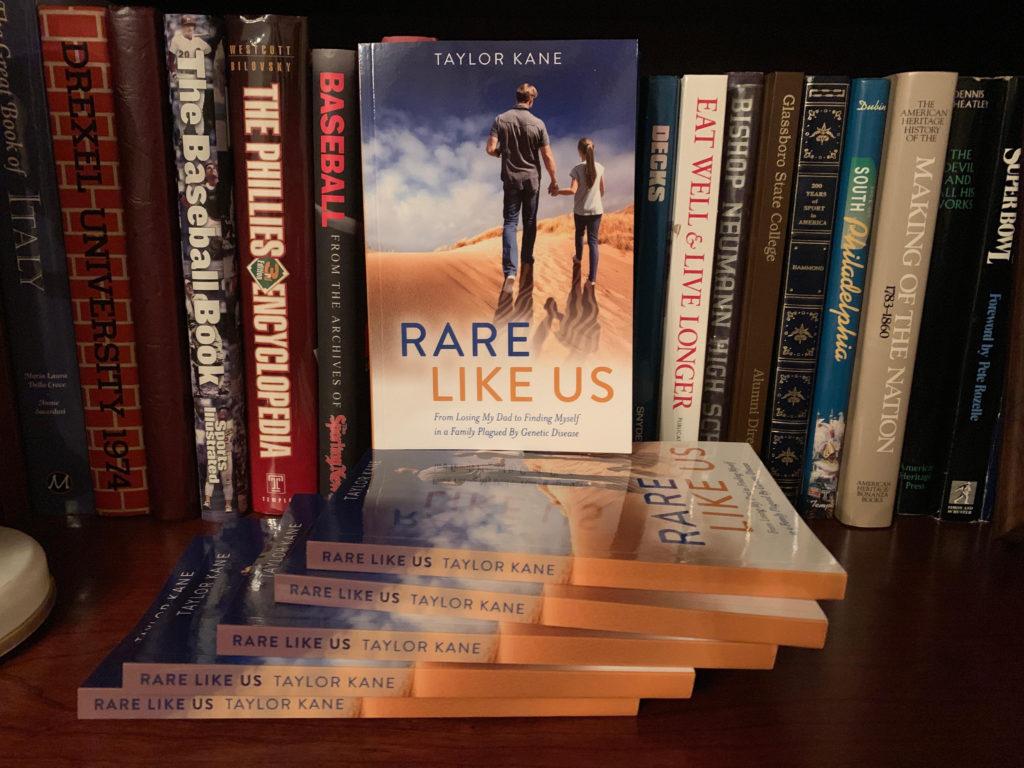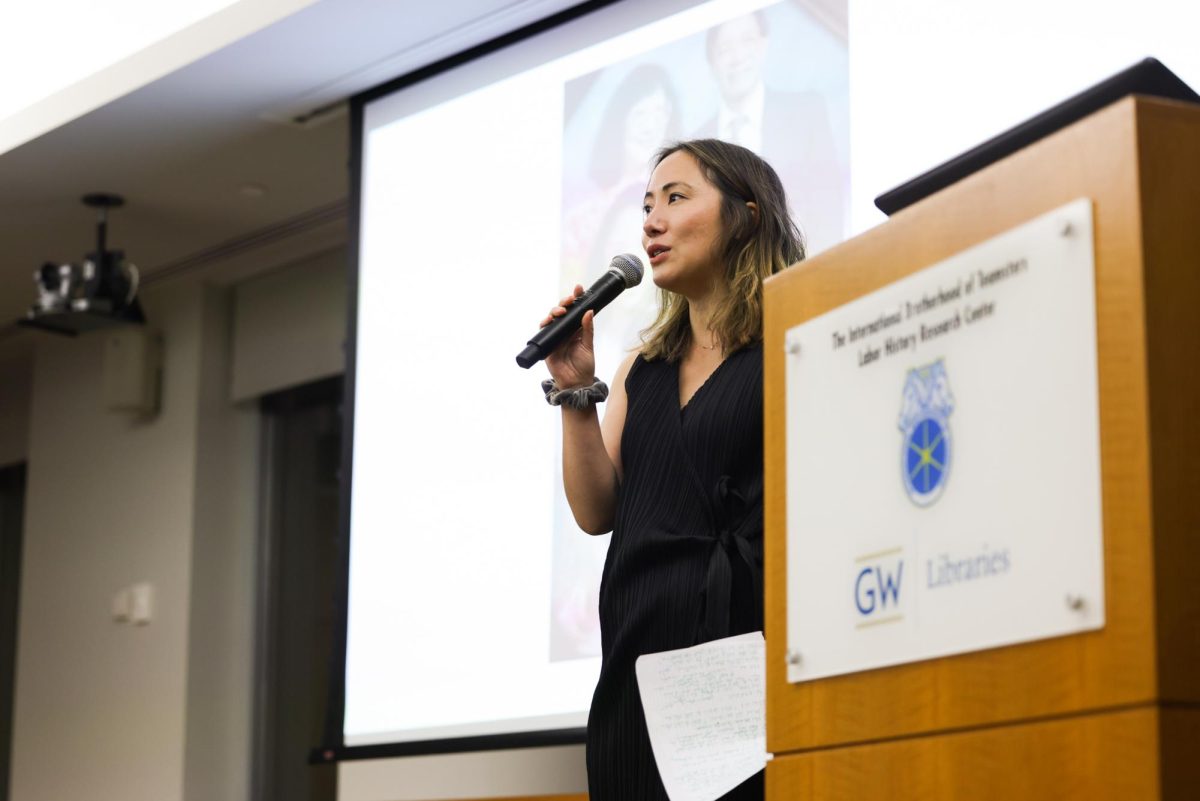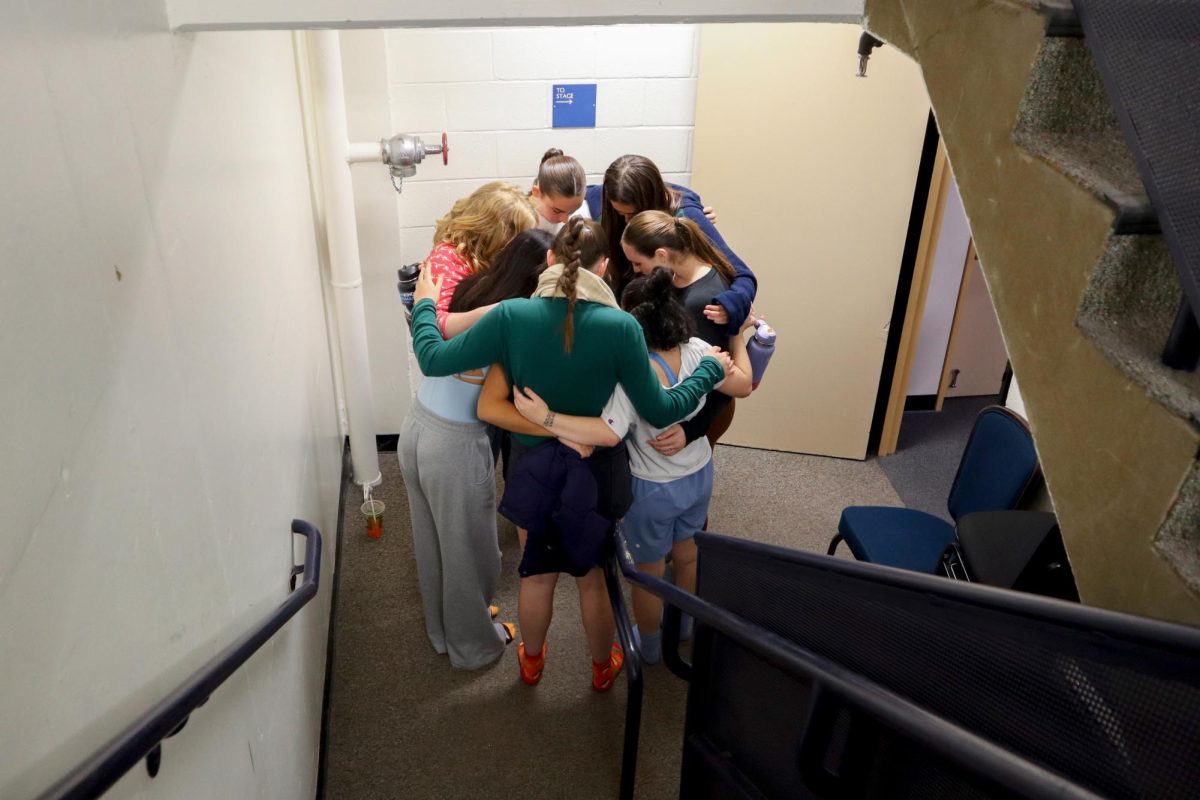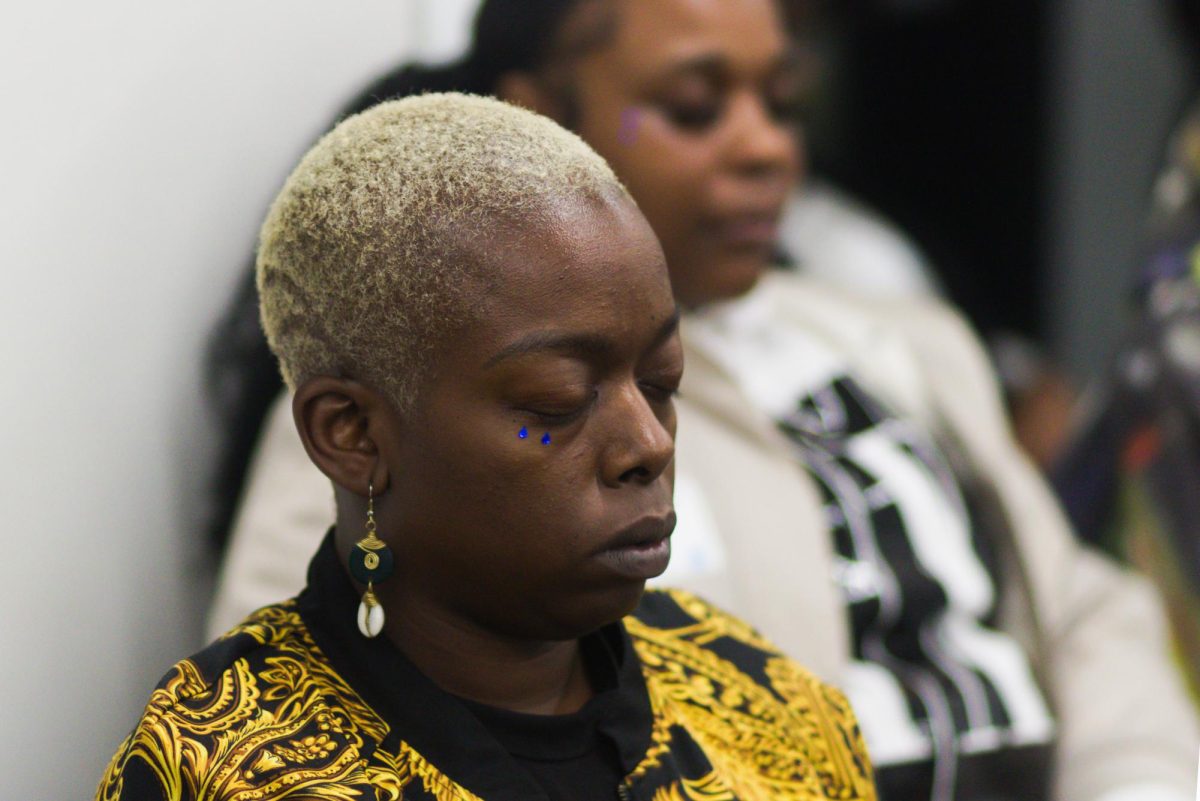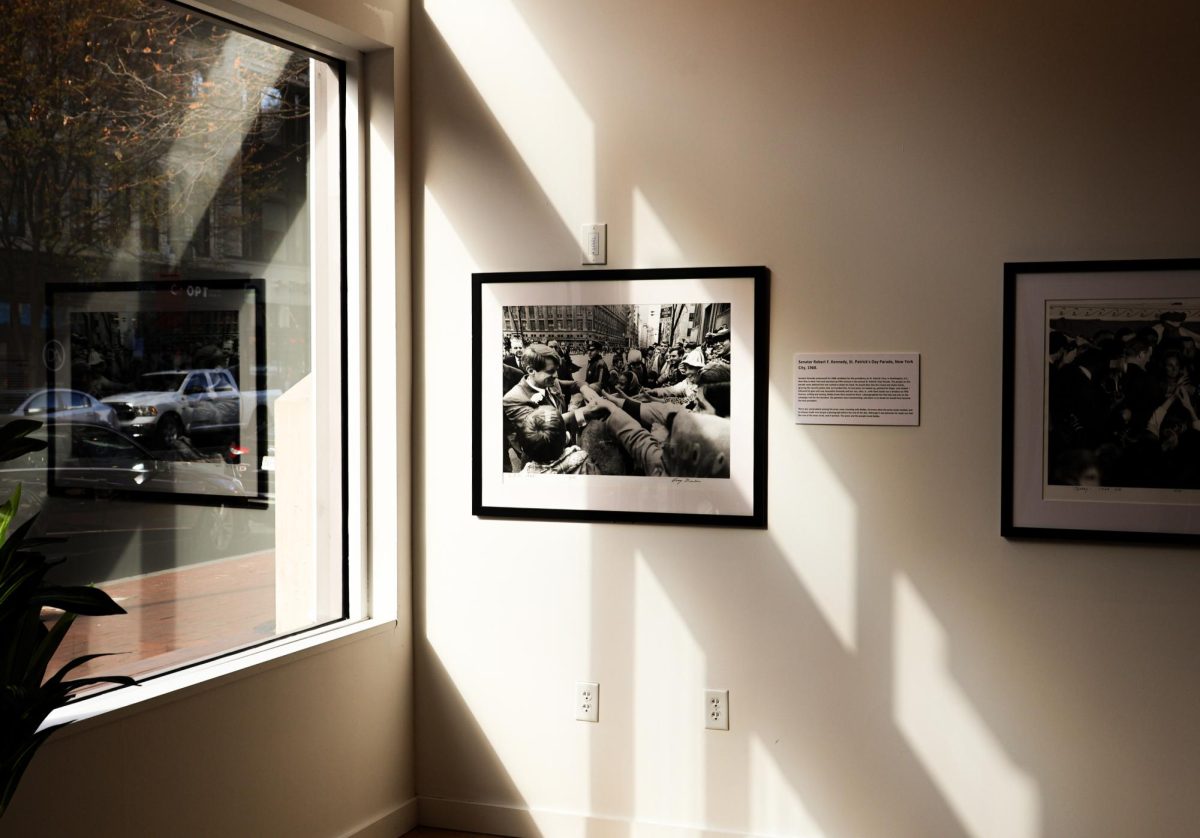Updated: Feb. 4, 2020 at 10:31 a.m.
A recent alumna ran a student organization to advocate for those affected by rare diseases for the past two years, but in the meantime, she was writing a book about the same topic.
2019-graduate Taylor Kane is hosting a signing event Saturday for the book “Rare Like Us,” which recounts her father’s death from a rare disease while she was a child. The book explains how Kane’s tragedy pushed her to advocate for people affected by rare diseases during high school and at GW, she said.
“I’ve just always been telling my story for as long as I can remember, so I knew that I eventually wanted to write a book,” she said.
Kane does not personally have a genetic disorder, but she said the book highlights the struggles family members face in caring for someone with a rare disease. She was 3 years old when doctors diagnosed her father, Jack Kane, with adrenoleukodystrophy, also known as ALD, a sex-linked genetic condition that causes the brain’s white matter to slowly deteriorate. He passed away at 50 years old, she said.
Kane said she used her experience as a catalyst to spread awareness for rare genetic diseases, speaking at fundraising events for genetic research and eventually establishing the non-profit organization “Remember the Girls” that provides support forums for those who carry genetic diseases.
She said she wanted to write a book to honor her father’s legacy and continue to spread awareness of people who have or know someone who has a rare disease. She began writing the book when she was a freshman in 2017, and it was published in August 2019, she said.
Kane said the story is broken into two parts, the first of which documents her father’s progression with ALD through her mother’s perspective. Kane said she was too young to remember her father’s experience with the disease, so she interviewed her mom and sifted through several of her diaries and documents to chronicle her dad’s struggle with early-onset dementia.
The second half of the book is told through Kane’s point of view, explaining how she struggled with grief and isolation while she became an advocate for rare disease prevention.
“Every person is going to face some adversity in their life,” Kane said. “Effectuating positive change is a great way to grieve with your experience, and I think that’s applicable to all types of adversity, not just losing someone close to you.”
She added that the writing process was not entirely smooth, pointing to areas of the book where she explained the “embarrassing” and vivid details of her father’s deterioration, from his early-onset dementia and eventual speech loss.
“People have always asked me like how I grieved the loss of my dad,” Kane said. “I just wanted to share my perspective on how you can overcome a lot of adversity in your life by trying to turn a bad situation into something good.”
Kane said she only told her roommates and a few friends about her book while she attended GW because she did not want to illustrate it as a book about herself. During the writing process, she spent much of her time running RARE GW, a student organization that works to advocate and educate people about rare diseases.
“I just didn’t want to make it all about myself when it was about something so much greater than that,” she said.
Kane’s book has garnered several five-star ratings, and readers lauded her candid writing style. One Amazon reviewer said Kane “writes with complete honesty and raw emotion, and every piece of it inspired [them].”
Kane said she has no set plans for a book tour, but she hopes to reach out to other authors and map out an upcoming tour. She added that she primarily promotes “Rare Like Us” through social media and book giveaways.
Kane is currently bartending to raise money for herself and continues to manage her nonprofit, she said. Kane said she hopes to become a professional public speaker on rare diseases and one day run her organization full time.
“I definitely think I’ll write more books in the future, but right now I’m really just focusing on my non-profit, traveling the world speaking about carrier issues and issues facing the rare-disease community,” she said.


